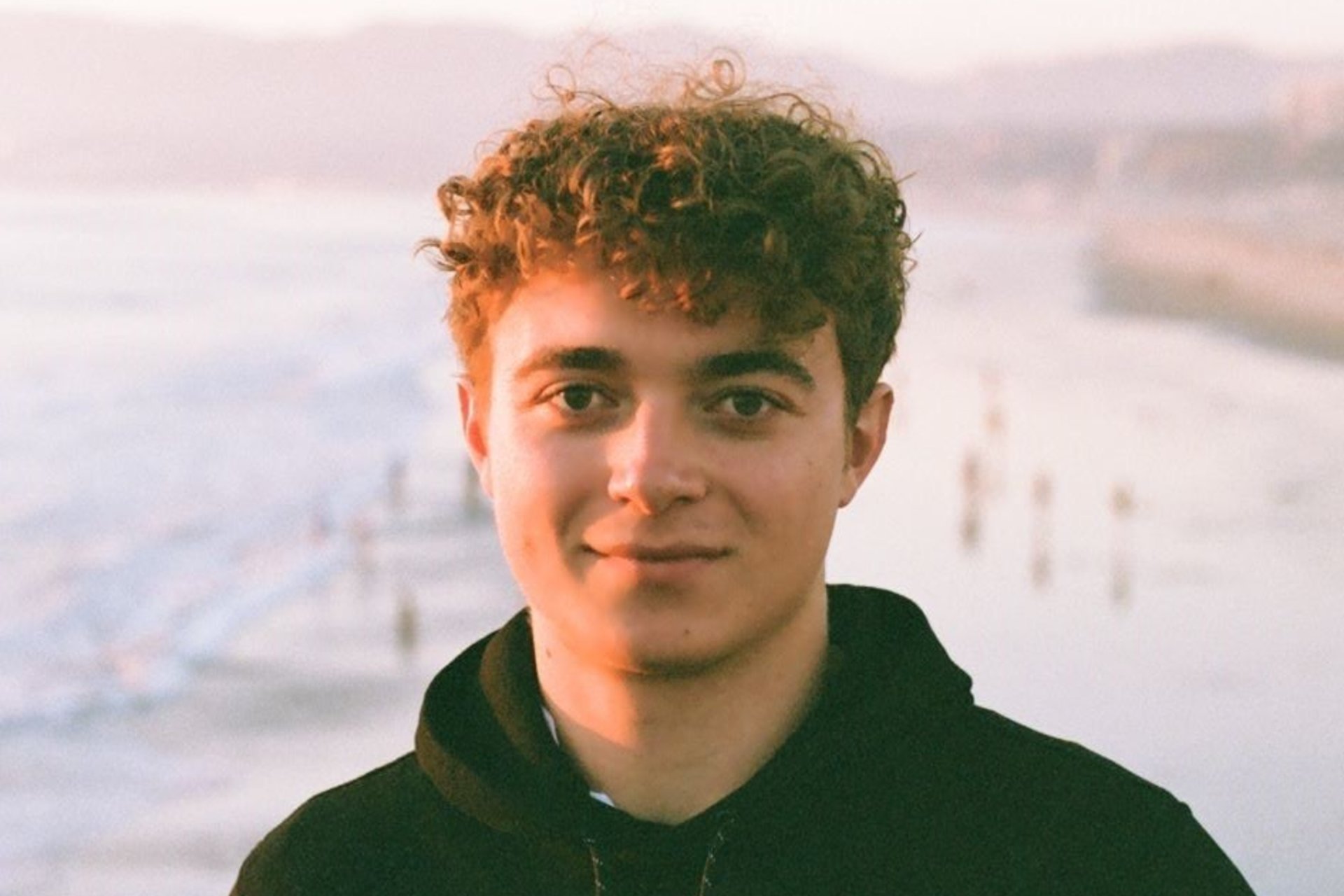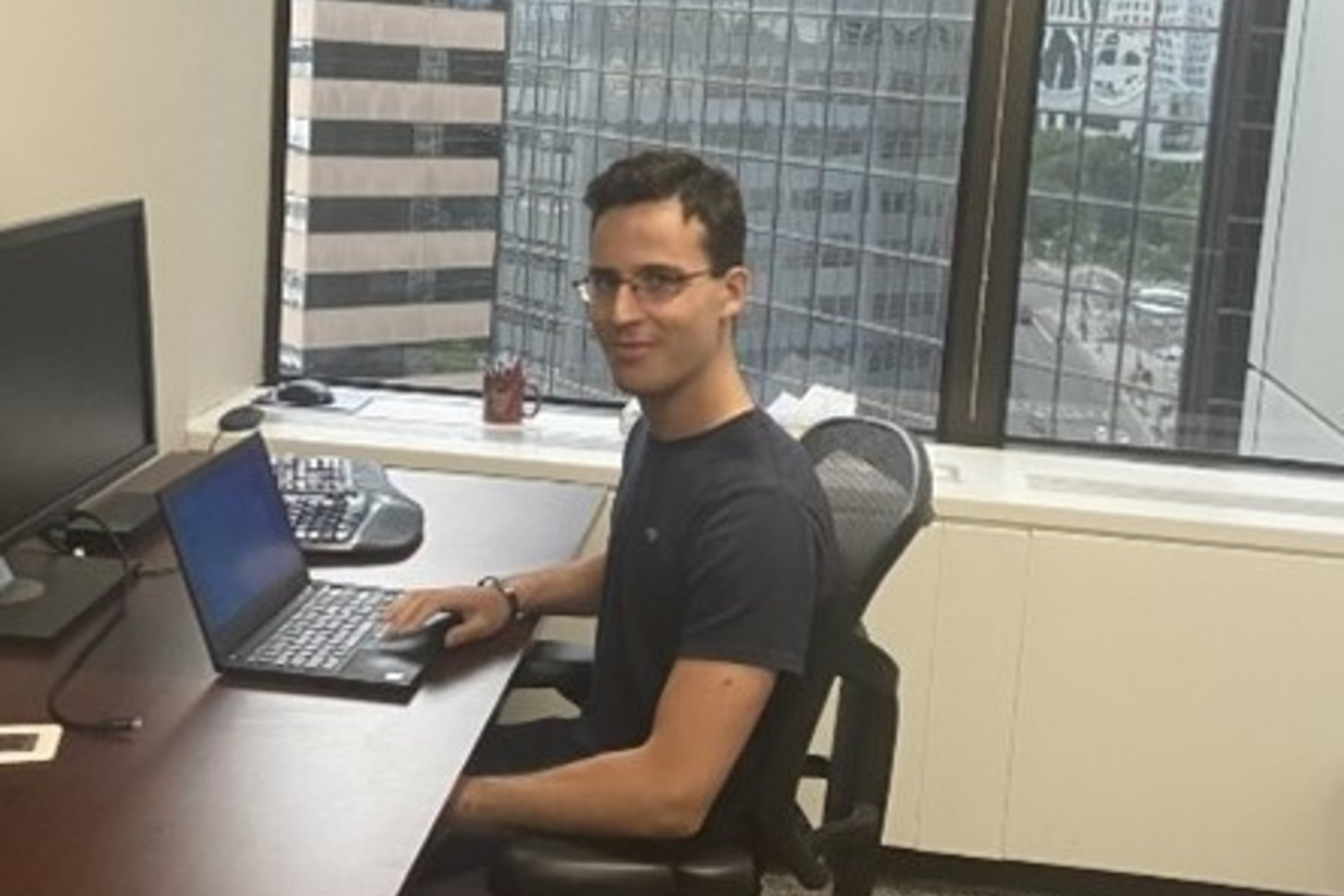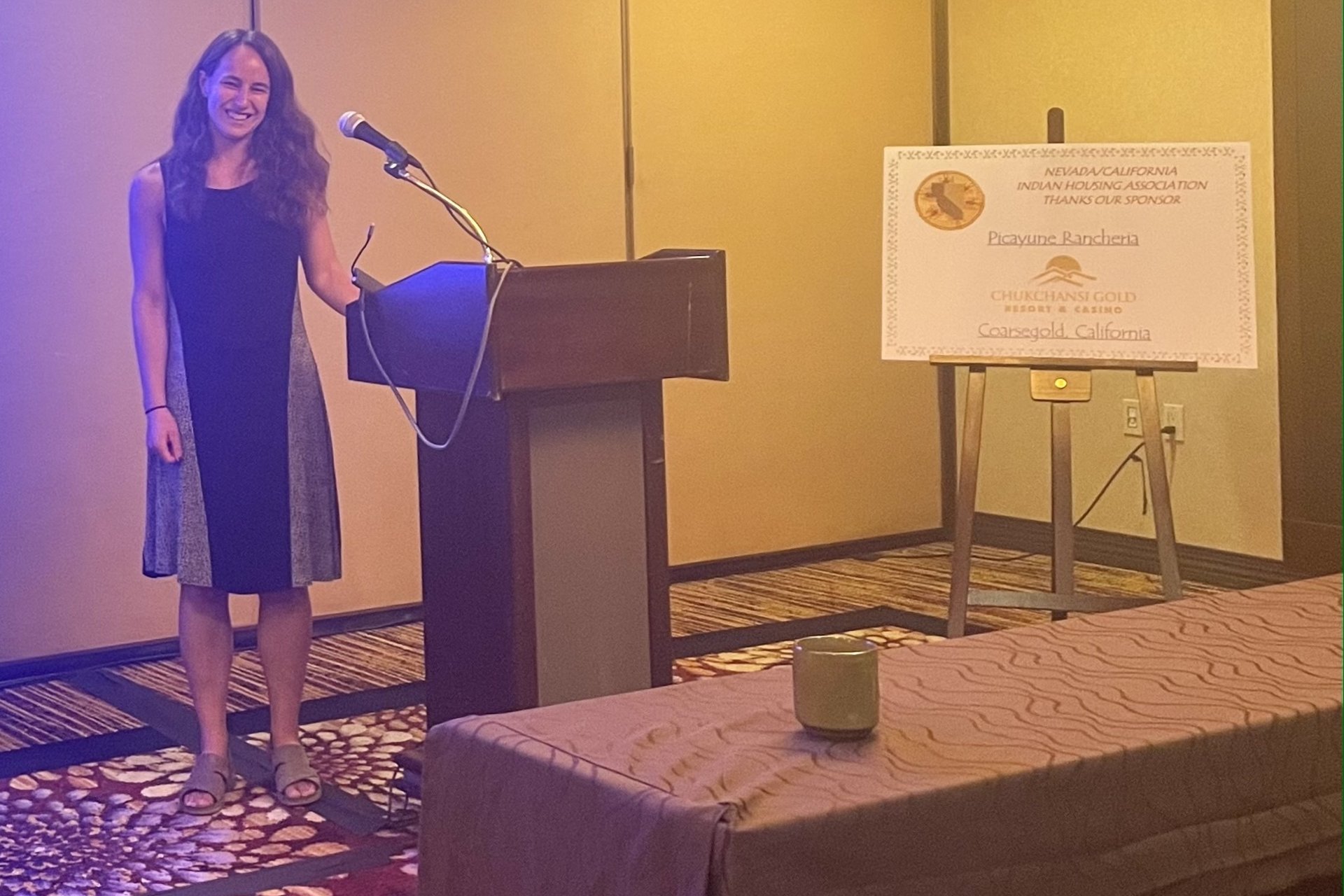Long-Term Planning for the Power Sector with Climate Change in Mind
Keola Iskandar, MS ’22 Environmental Engineering
Karl Knapp Energy Fellow in City Government
City of Palo Alto Utilities

City of Palo Alto Utilities (CPAU) is a public utility that provides a full suite of services such as electricity, natural gas, water, wastewater, and fiber optics. It is the only city in California to own and operate all these essential utility services! Although, what I particularly like about CPAU is its commitment to sustainability and the community. For example, CPAU has provided carbon-free electricity since 2013 and carbon-free natural gas since 2017. In addition, the city has the highest electric vehicle adoption rate in the country. The City of Palo Alto Utilities also offers a variety of rebates and programs to assist residents and businesses in electrification and energy and water conservation. These actions taken by CPAU reflect the city’s aggressive decarbonization goals to reduce greenhouse gas emissions to 80% below 1990 levels by 2030 (“80 x 30” goal).
As a Shultz Energy Fellow and the Karl Knapp Energy Fellow in City Government at CPAU this summer, I am supporting the team in assessing the energy resiliency of single-family and multi-family households in Palo Alto. I have been working on developing techno-economic models of different energy systems, such as solar PVs and battery storage systems, and analyzing their ability to support households during power outages. Throughout the summer, I have learned the importance of addressing energy resiliency, especially as homes become all-electric and the growing risk of frequent outages from climate change impacts. In addition, my research has enlightened the engineering and policy challenges in implementing energy-resilient systems. Yet, these challenges helped identify potential solutions for energy resiliency by thoroughly reviewing the technology of the different systems and local policies related to these systems. I hope that the findings from my study can help CPAU better understand the reliability of various energy systems during an outage and equity challenges in energy resiliency.
Working with CPAU has revealed the challenges in residential decarbonization and energy equity, which also highlights the importance of collaboration. It is a fulfilling experience since I have met brilliant people who exemplify what it means to be a public servant and responsible steward of natural resources. Through my mentors, I have learned much about resource planning, California’s energy system, energy equity issues, and the complexities of energy markets and policies. They have also guided me on best practices for communicating technical analysis to a broader audience – something I find challenging as an engineer.
I typically cycle to work since the office is not too far and located in Palo Alto’s charming downtown area. While most people work in the office two days a week, I look forward to going in every day because I can meet everybody in the office. Some days, we would have coffee breaks at Coupa Cafe or eat lunch together at a nearby park. For the rest of the summer, I am particularly excited about joining some learning tours co-workers have scheduled!



